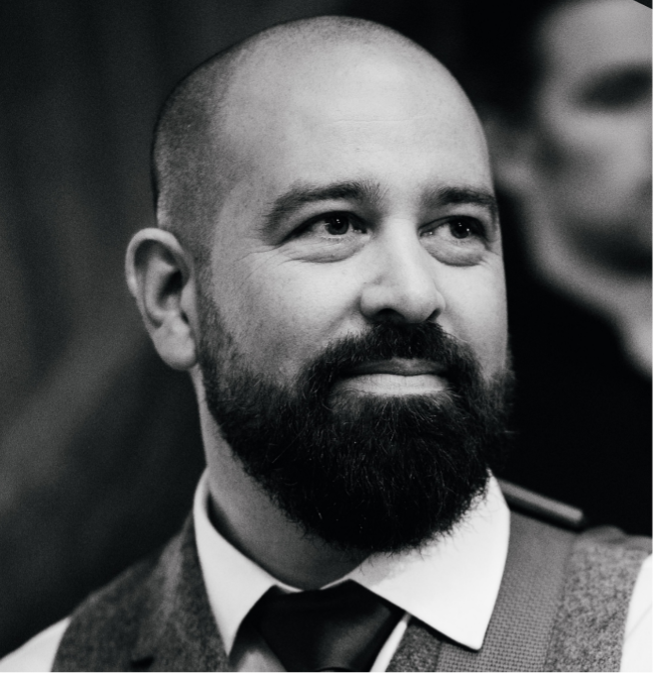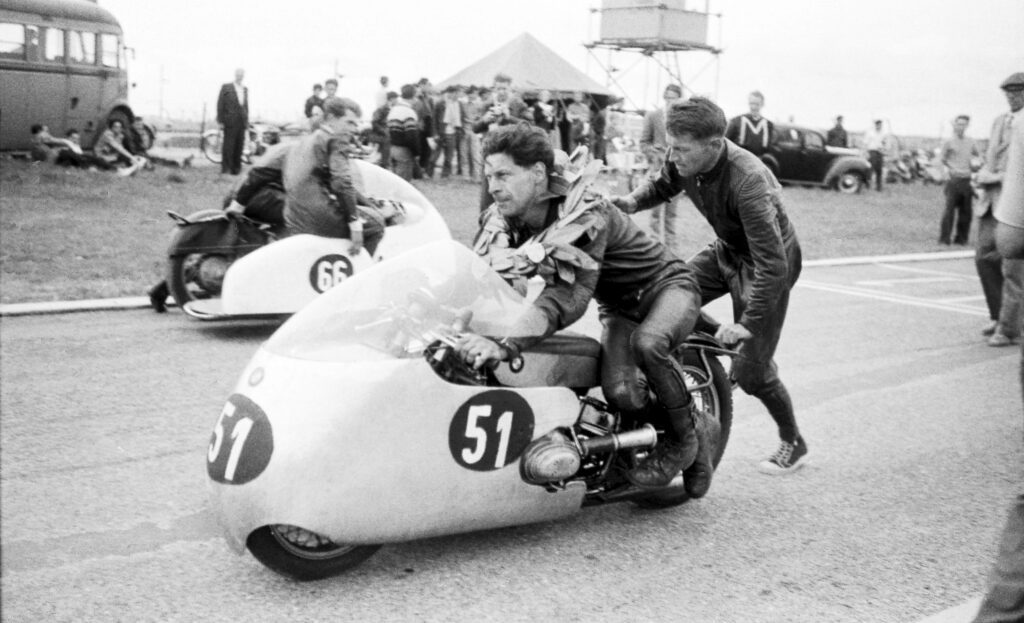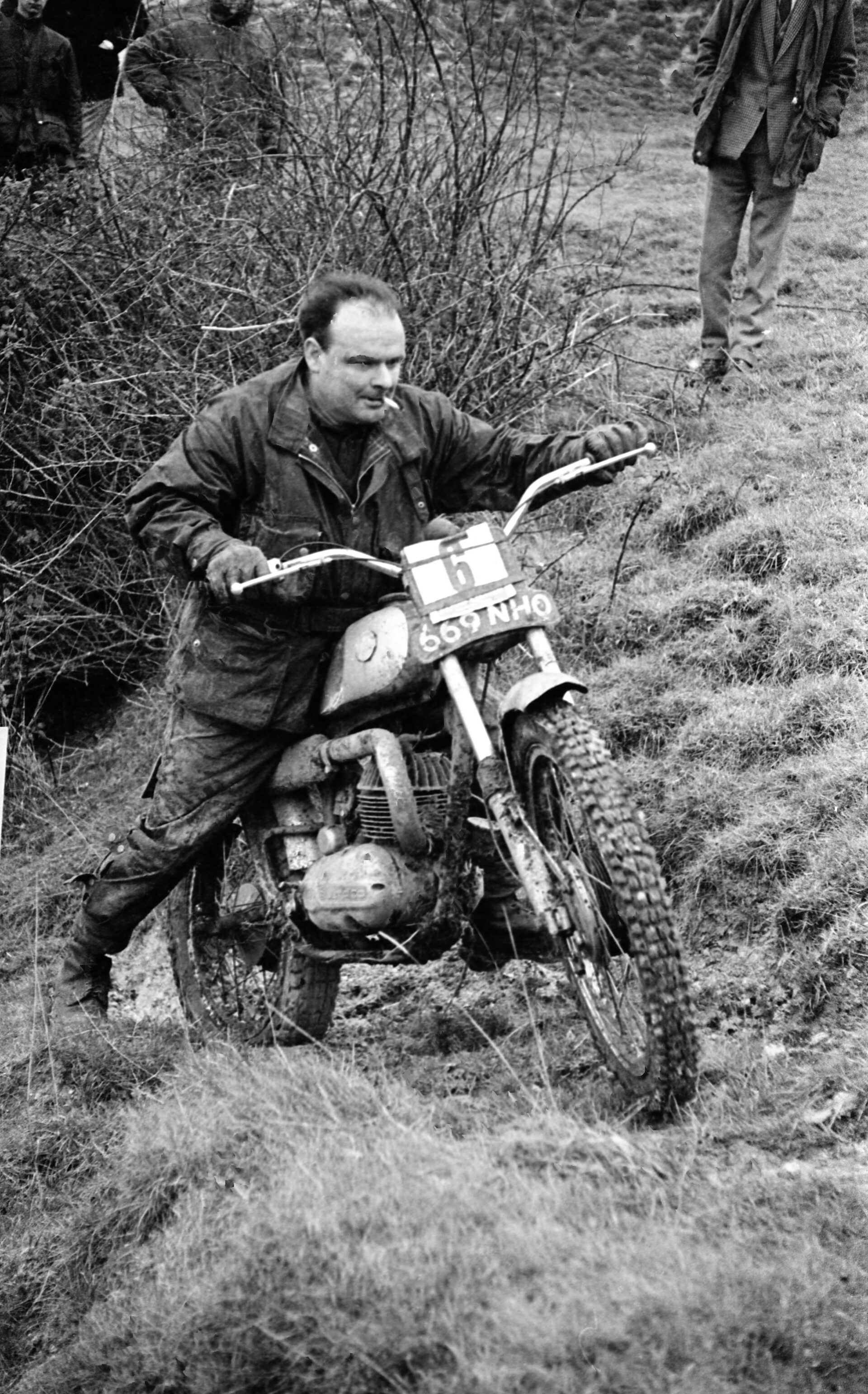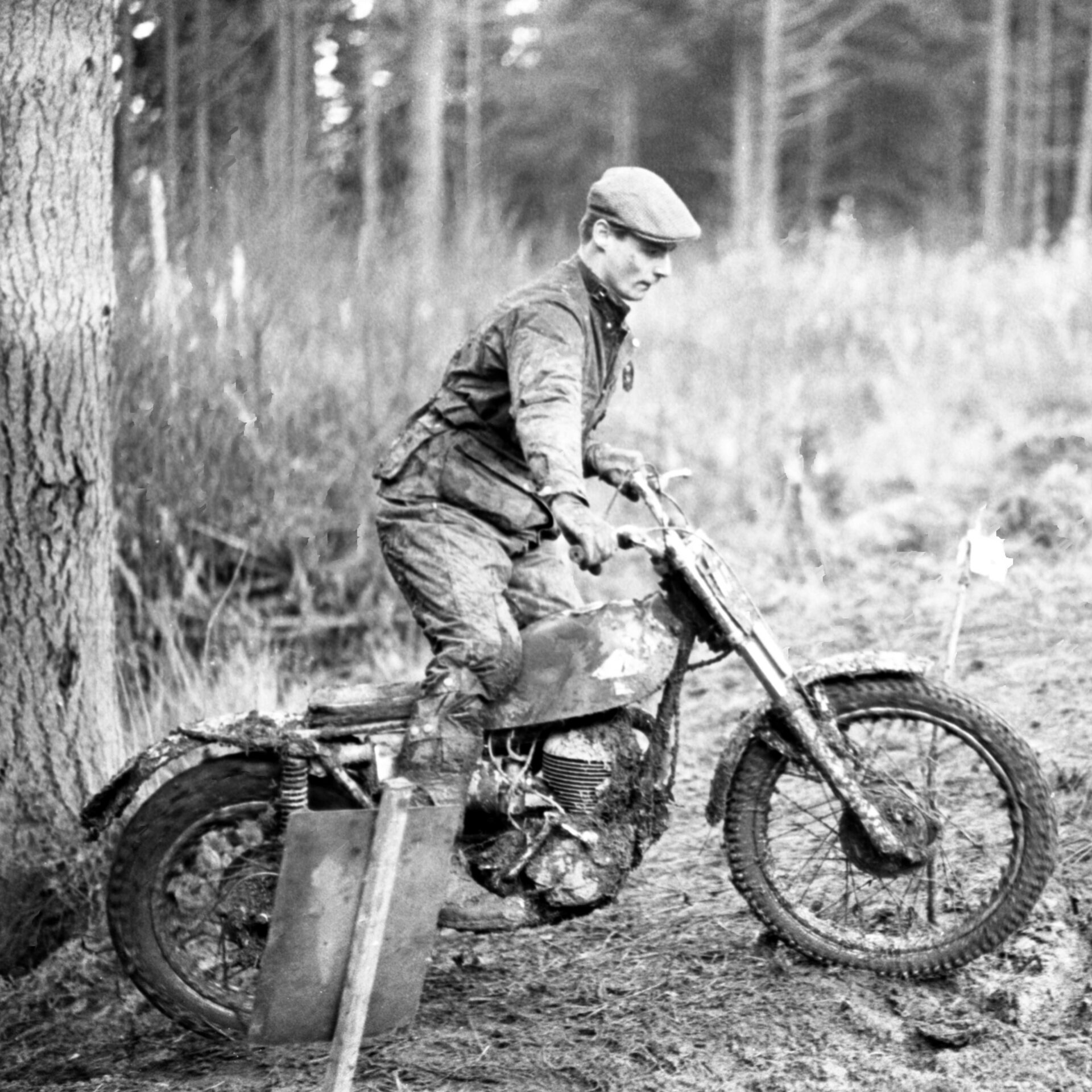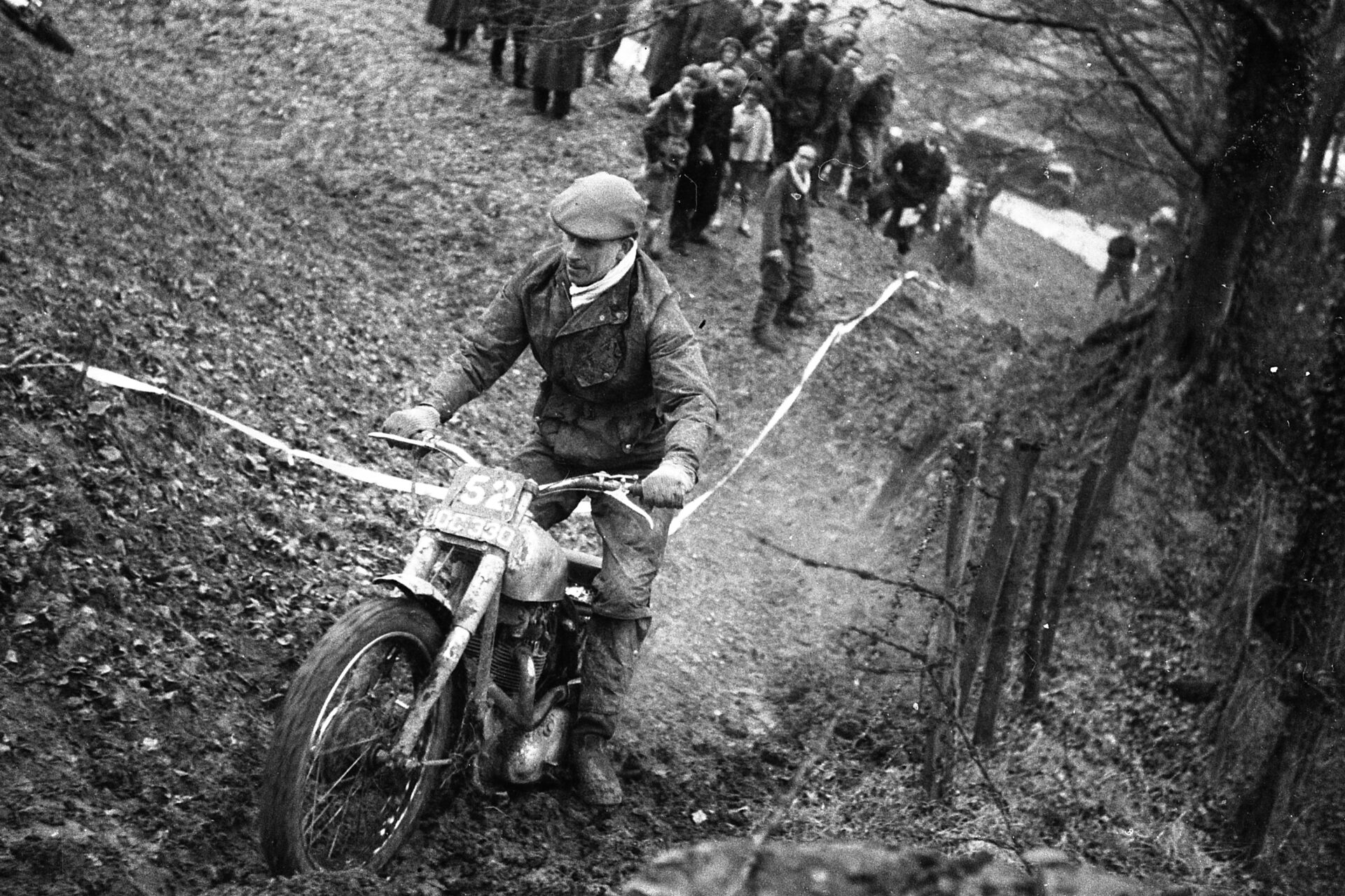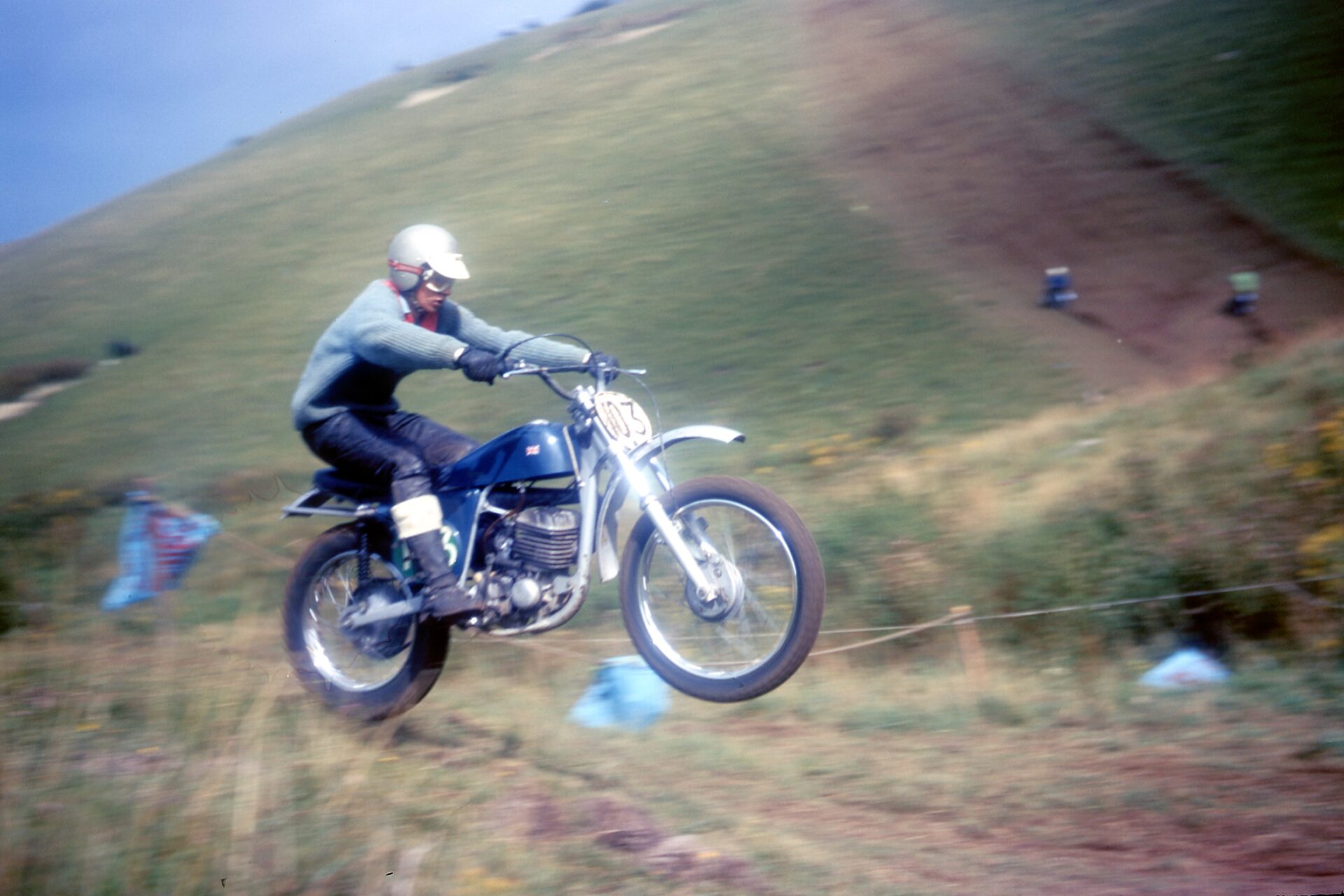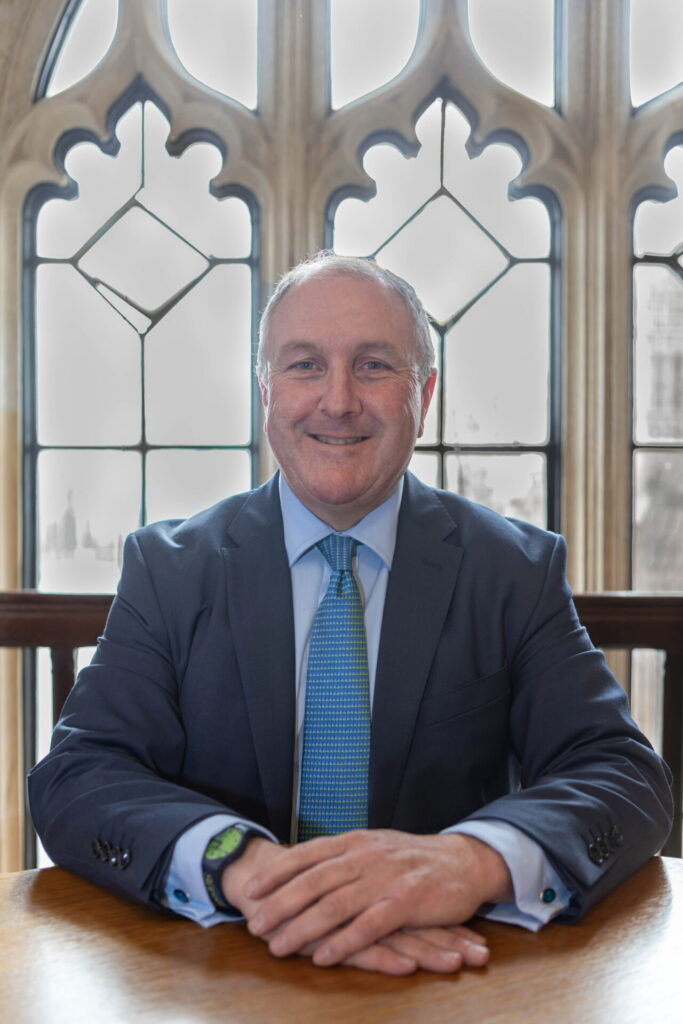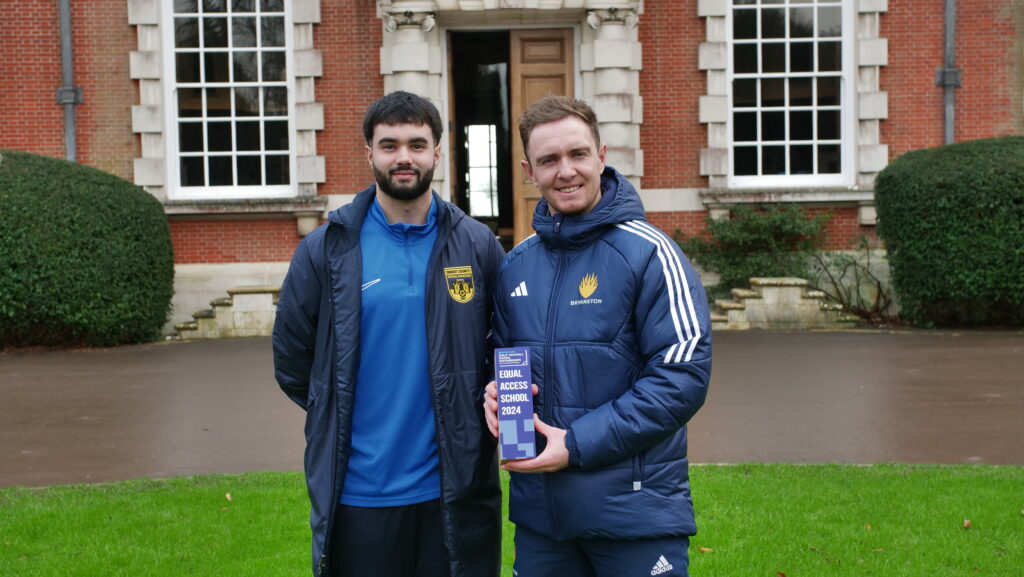From parish churches to country barns – have modern weddings come full circle to their historic roots?

Today, we think of a ‘traditional’ wedding as a bride dressed in white getting married in church. In the past, a wedding was often a simple ceremony that could take place anywhere. All that was needed for a marriage to be legal was spoken agreement between a bride and a groom.

St Cuthberga & All Saints in Witchampton. The bride’s father was Charles Patrick De Candole, a retired navy chaplain who was the vicar at the church from 1962 to 1982
In the 1750s, a church wedding, carried out by a priest became the only lawful way to marry. The Marriage Act 1753 made the only legally recognised marriages in England and Wales those performed by the Church of England, Jews and Quakers. This meant that Roman Catholics and members of other Christian congregations, as well as atheists, Muslims, Hindus and members of any other religious body, had to be married according to rites and ceremonies they did not support, by a priest who they believed had no authority.

Eventually, the Marriage Act 1836 allowed marriages to be legally registered in buildings belonging to other religious groups, and also without religious rites. Those campaigning for reform had largely been non-conformist religious groups seeking the right to be able to conduct marriage ceremonies – marriage in the register office was added in almost as an afterthought.

William Cowdry (chief fire officer) on the right, Claude Cowdry top left.
In the first year of the new Act’s operation, just over one per cent of all weddings were in a register office: even at the end of the 19th century they accounted for only 15 per cent.
It was only in the late 20th century that civil marriage overtook religious marriage as the most popular form of marriage. By 2015, civil marriages accounted for almost three-quarters of marriages in England and Wales – before the start of the 20th century it was very much a minority choice.

Given that all civil marriages had to be conducted in the register office, and that initially there would have been only one register office per registration district, the parish church would have remained the easiest option for most couples, particularly in rural areas.

Thomas Smith (grandfather to Susan Day, née Myhill) is in his army uniform with Florence standing to the right. It is believed that the older man and woman seated left and right are Mr and Mrs Hillier.
Marrying in the parish church was often easier, quicker and cheaper than a civil marriage. Some vicars offered cut-price or free weddings to encourage couples to marry. At Manchester Cathedral and St John’s Church in the East End of London, vicars would routinely marry couples in batches to save time and money. The vicar at St James the Great in Bethnal Green would marry couples for free – simply to prevent them cohabiting without any religious or legal ceremony.

Ceremonies are now held in places such as castles, barns or the middle of woods … have we returned to the more informal weddings of our ancestors?
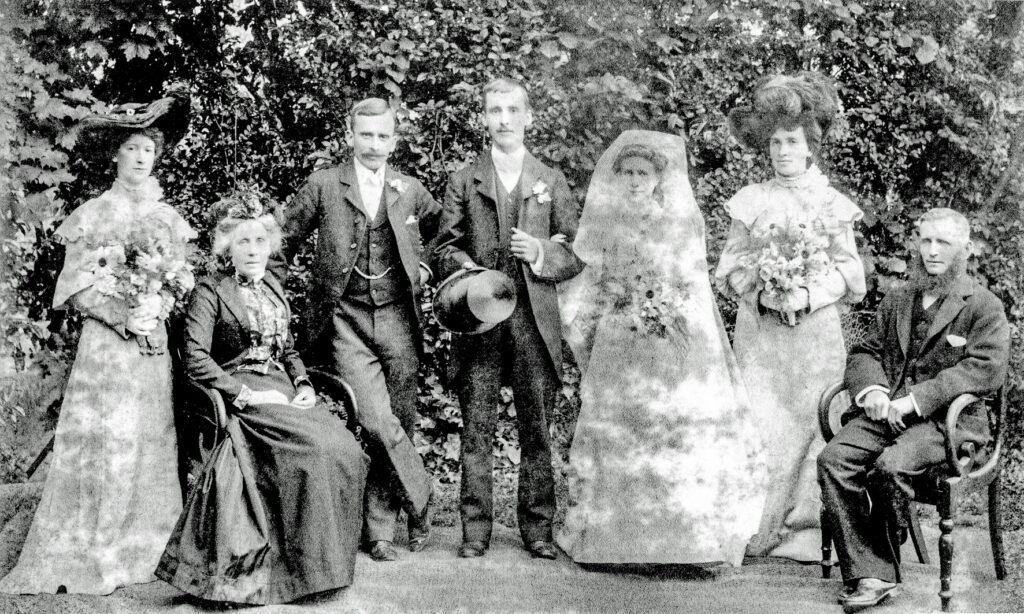
Lane, Wimborne, were married in Wimborne Minster
Photographs supplied by Museum of East Dorset. Copies of photos from the museum’s extensive library are available to buy.
If you have any bygone photos, slides, negatives or film relating to East Dorset that you would like to loan for copying, or to donate to the museum archives, they would be delighted to receive them.
For either of the above, please email [email protected]




